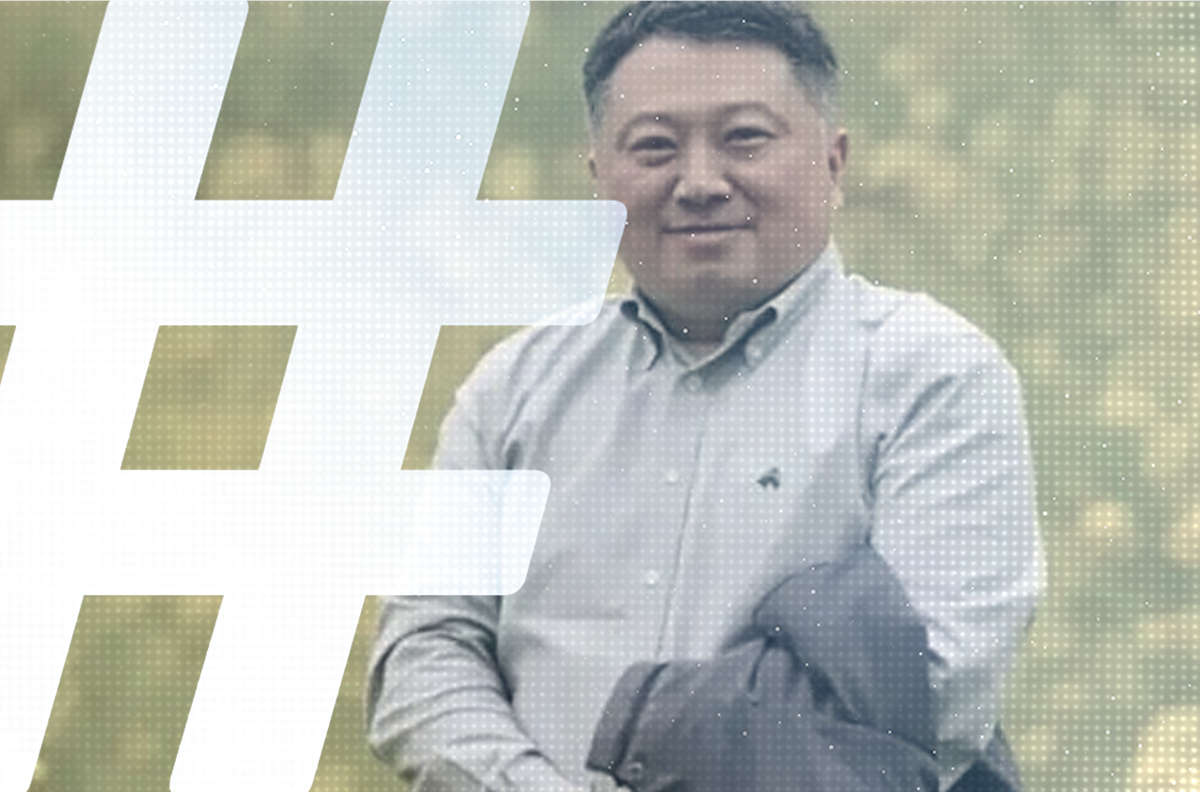Today China’s annual “two meetings” of the National People’s Congress (NPC) and the Chinese People’s Political Consultative Congress (CPPCC) get officially underway in Beijing.
Coverage in China’s media in recent days and weeks indicates that issues relating to the “people’s livelihood,” encompassed by the Chinese word minsheng (民生), will be front and center — issues like inflation, housing costs, access to healthcare and education.
In yesterday’s edition of the CCP’s official People’s Daily, however, Wu Jianmin (吴建民), president of China Foreign Affairs University, and a deputy director of the Foreign Affairs Committee of the CPPCC, managed to bundle together the minsheng agenda, foreign relations and changes in the Middle East in a single editorial.
Wu’s piece revisits Deng Xiaoping’s famous phrase, “development is of overriding importance” (发展才是硬道理), and argues that development, and not necessarily democracy, is what the Middle East and the rest of the world really need.
“Wu Jianmin: Changes in the Middle East Affirm that ‘Development is of Overriding Importance’“
March 4, 2011
People’s Daily
At the end of February, I attended an international discussion forum on “America, Emerging Nations and Transnational Threats” in Abu Dhabi. The situation in the Middle East was not on the agenda at the forum, but as the forum was held in the midst of dramatic changes in the Middle East, and was hosted in the Gulf region, much of the discussion during and on the sidelines of the forum centered on the Middle East situation.
A number of American and European delegates attending the forum were of the belief that these changes in the Middle East were sudden. However, when I discussed this with Arabs attending the forum, they expressed the belief that they were not sudden. In May last year, I attended a forum on international issues in Doha, and a well-known entrepreneur from the Middle East gave brief remarks that nonetheless drew the attention of the audience. He said: “The Middle East is resting on a huge ticking time bomb. This is rapid population increase in the Middle East and massive employment pressures. In the next six to seven years, 100 million jobs will need to be created in order to accommodate young people who will be entering the job market. In order to accomplish this, we will have to ensure that economies in the Middle East maintain annual growth rates of eight percent. But growth rates in the Middle East are around four percent, far from satisfying the demands of armies of job seekers.” He closed by saying worriedly: “This ticking time bomb could explode at any time.”
It seems that the dramatic changes in the Middle East were sensed long ago by people in the Middle East.
While I was in Abu Dhabi, I also attended a book launch for former British Prime Minister Gordon Brown. He said during the event that masses of unemployed youth had fueled the changes now happening in the Middle East. In Egypt, for example, more than 70 percent of the population are under the age of 30, and the unemployment rate stands at 30 percent. Moreover, 90 percent of those unemployed are young people.
Why has the massive social and economic development we’ve experienced in China not happened in the Middle East? I thought about this for a long time, and I still believe Deng Xiaoping was correct when he said, “Development is the overriding principle.” In the past 30 years, Chinese have wholeheartedly pursued development under the leadership of the Chinese Communist Party, resulting in earthshaking changes. We can see from the current “Twelfth Five-Year Plan” that not only is our nation continuing to pursue development wholeheartedly, but is paying greater attention to issue of common welfare (民生), ensuring that the fruits of reform and opening are shared by all.
At the forum in Abu Dhabi, a number of Western delegates also expressed the belief that the things happening in the Middle East are the result of a wave of democratization. But many Americans and Europeans also expressed concern at the forum. They said that while democracy is good, this wave of democratization might not result in the kinds of states in the Middle East that the West hoped for. Among populations in the Middle East, anti-American sentiments are strongly-held and widespread. While in Abu Dhabi I visited the Zayed Mosque, one of the world’s three major mosques. The grandeur of its design was breathtaking. I struck up a conversation with one of the mosque’s attendants, and after he learned that I was from China he said: “China is a good place. China has worked with us to develop our economy. America is bad! The Americans made war with Afghanistan, made war with Iraq, and they oppose Pakistan. . . “
The world hopes that the Middle East maintains peace and stability. Because instability in the Middle East has already resulted in higher oil prices, and higher oil prices bring further inflation of food prices. Over the past year, food prices worldwide have risen between 20 and 30 percent. Further increases would cause many problems and this is not good for global stability.
These massive changes in the Middle East are happening against the background of major changes in the world, and these great changes demonstrate that “development is of overriding importance.” We seek development wholeheartedly, and this is the correct choice. China’s sustained and stable development is a blessing not only for the Chinese people, but it benefits peace and stability throughout the world.
FRONTPAGE PHOTO: Wu Jianmin, by Institute for Education posted to Flickr.com.




















